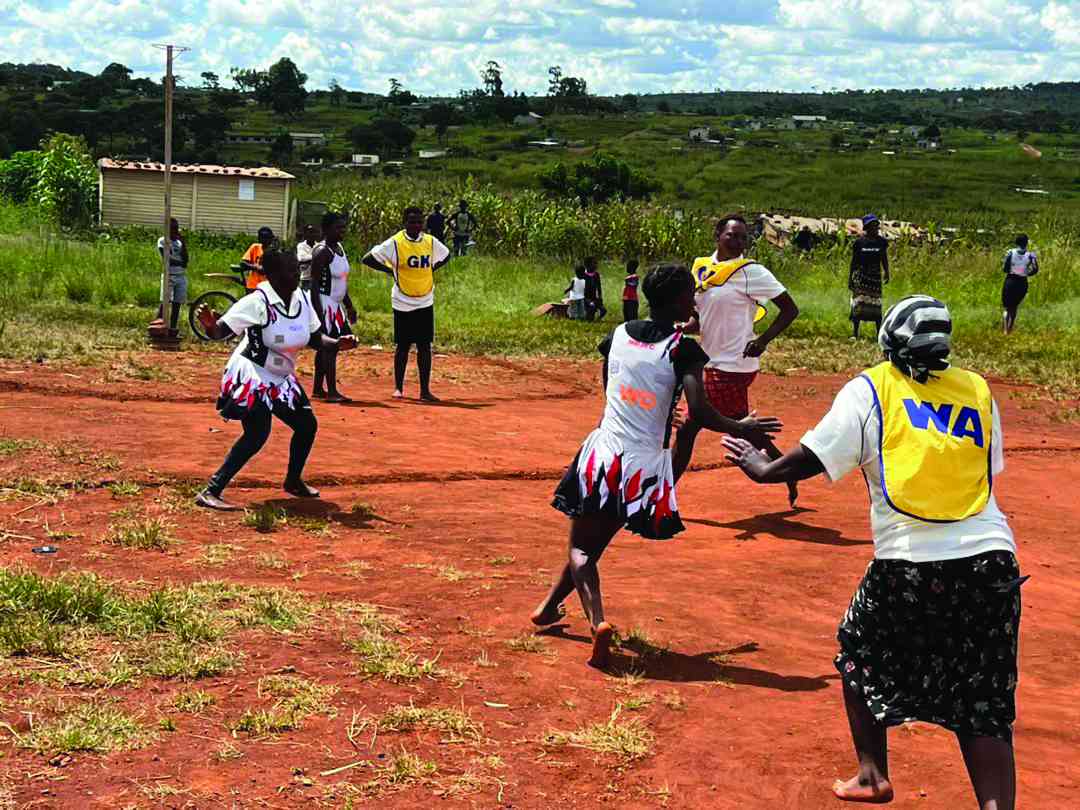
Sport has always played a significant role in society, bringing people together, fostering teamwork, and promoting physical fitness.
However, in recent years, the concept of sport for development has gained prominence, particularly in Zimbabwe.
This innovative approach utilises sport as a tool for social change, addressing various societal challenges and empowering individuals and communities. Sport for development can be defined as the intentional use of sport, physical activity and play to attain specific development objectives, including, most notably, the Sustainable Development Goals (SDGs).
Sport for development is a global movement that recognises the potential of sports to address social issues such as health, education, gender equality, youth empowerment, and community development.
It goes beyond the traditional notion that sport is mere recreation and competition, emphasising the transformative power of sports in creating positive change.
In Zimbabwe, organisations like Young Achievement Sports for Development (YASD) have been at the forefront of implementing Sport for Development programs. The impact of sport for development programs in Zimbabwean communities has been significant as these programs provide a safe and inclusive space for children and youth to engage in physical activities, fostering their physical and mental well-being.
Regular participation in sport improves overall health, reduces the risk of non-communicable diseases, and promotes a healthy lifestyle.
Sport for development initiatives promotes social integration and cohesion. By bringing together individuals from diverse backgrounds with sports creating an environment that encourages teamwork, respect, and understanding. An effective sport for development programme intentionally gives priority to development objectives and designed to be inclusive so that they embody the best values of sport while upholding the quality and integrity of the sport experience. This fosters social inclusion, breaks down barriers, and promotes unity among participants.
- Mavhunga puts DeMbare into Chibuku quarterfinals
- Bulls to charge into Zimbabwe gold stocks
- Ndiraya concerned as goals dry up
- Letters: How solar power is transforming African farms
Keep Reading
Sport for development contributes to the personal and social development of young people. Through sports, participants learn essential life skills such as leadership, teamwork, discipline, and perseverance. These skills are transferable to other aspects of life, enhancing educational outcomes, employability, and overall personal growth.
However, there is a general misconception that sport for development programmes are solely for children and youth. While they do have a significant impact on young people, these programs can benefit individuals of all ages. From promoting active aging to providing rehabilitation for persons with disabilities, Sport for Development programmes have a broad reach and can positively impact entire communities.
Despite the numerous benefits, there are still misconceptions surrounding sport for development. One common misconception is that it is solely about producing professional athletes. While talent identification and development are part of the process, the primary focus is on using sports as a tool for holistic development and social change. Sport for development programs prioritise inclusivity, ensuring that everyone, regardless of skill level, can participate and benefit.
Inspite of the successes sport for development is faced with the challenge of lack of funding and limited resources. Many organisations and groups using sport as a development tool struggle to secure adequate financial support to sustain their initiatives.
Due to limited resources the implementation of comprehensive programmes ends up limiting the reach and impact on communities. To address this challenge, it is crucial for government bodies, private sector entities, and international organisations to invest in sports for development initiatives and recognise their potential for social change.
In recent years Zimbabwean sport has not been faring well due to lack of limited sporting facilities. The challenge of limited access to sports facilities and equipment, particularly in rural areas has also had a negative impact on sports for development organisations.
Lack of proper infrastructure and equipment restricts the participation of individuals, especially those from marginalised communities. To overcome this challenge, there is a need for increased investment in the development of sports facilities and the provision of equipment in all regions of Zimbabwe. This will create equal opportunities for participation and talent development.
Despite these challenges, Sport for Development initiatives in Zimbabwe have achieved notable successes. One such success story is the Zimbabwe Cricket Academy, which has produced several professional cricketers who have represented the country at international competitions.
These athletes serve as role models for aspiring young cricketers, inspiring them to pursue their dreams and showcasing the potential of sport for development programmes to develop professional athletes.
To further develop professional athletes and responsible citizens, Sport for Development programmes should prioritize talent identification, development, and mentorship. By providing quality coaching, training, and mentorship opportunities, these programmes can help individuals reach their full potential in their chosen sport. Additionally, integrating life skills training, education, and career guidance into sports programmes can equip participants with the necessary tools for personal and professional success beyond their athletic careers.
Sport for Development is a powerful approach that harnesses the potential of sports to create positive change in Zimbabwean communities. Through perseverance and continued support, these programmes can achieve notable successes in developing professional athletes and responsible citizens. By addressing these challenges and investing in Sports for Development initiatives, Zimbabwe can unlock the full potential of sports as a catalyst for social change, community development, and individual empowerment.
Sources:
Young Achievement Sports for Development (YASD)
International Platform on Sport and Development






